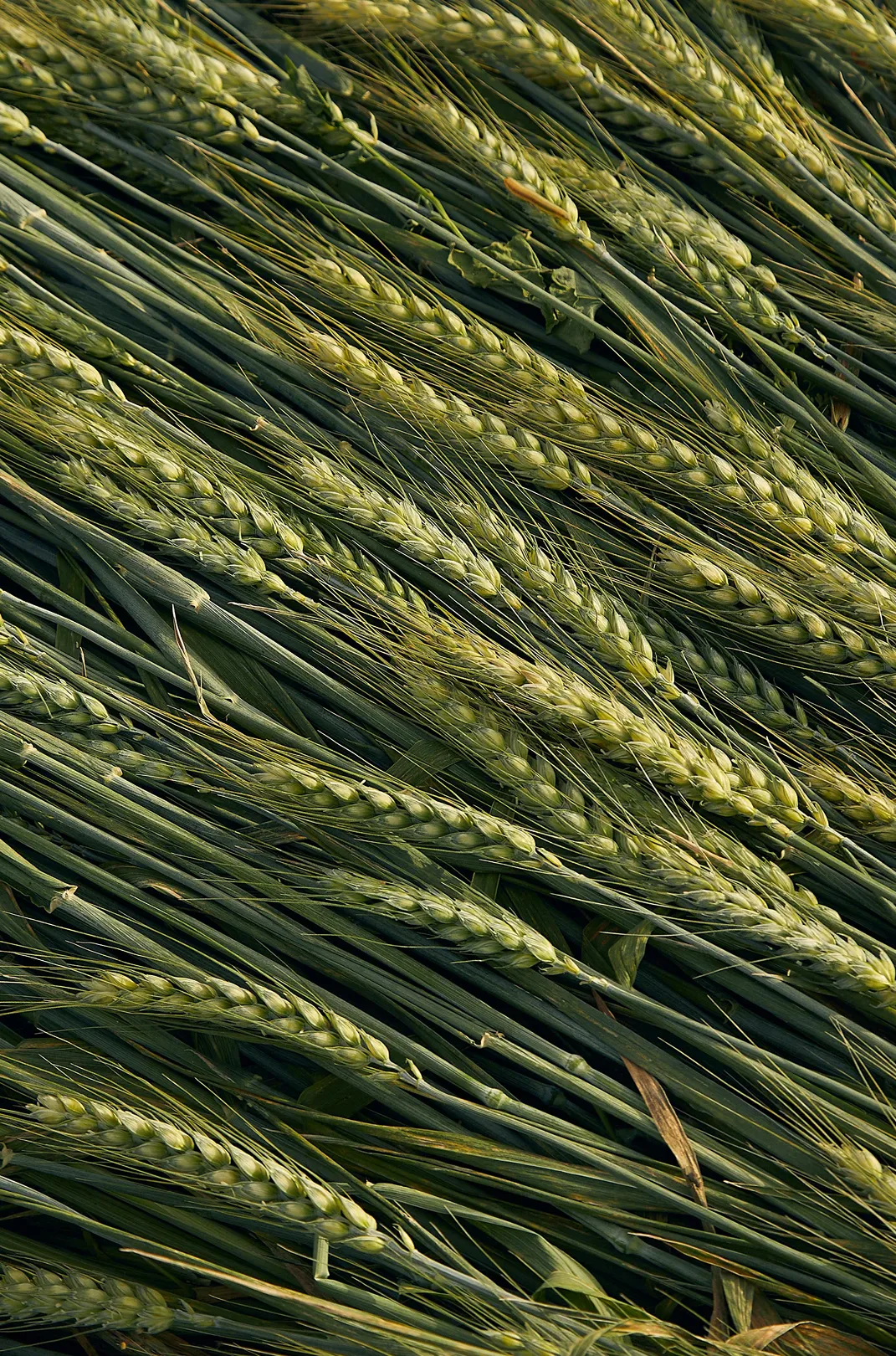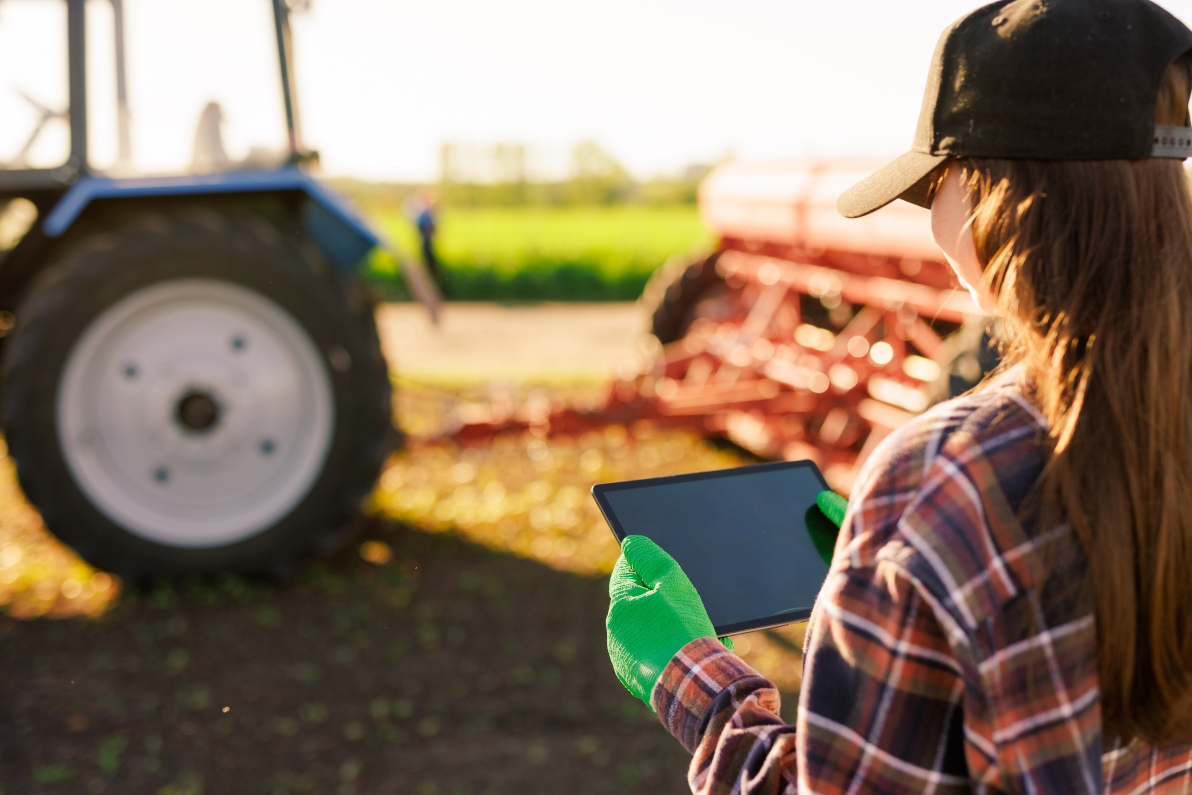


System 28 aims to increase the supply of agricultural workers through training programs and apprenticeships targeting displaced rural women in Western and Central Ukraine. Apart from expanding the talent pool, the programs will ensure future readiness to comply with the European Union’s productivity and sustainability goals.
Our training programs foster economic independence, challenge traditional gender roles, and cultivate leadership skills both within agriculture and society at large.
By providing a skilled workforce to professional farms and agroholding, System 28 contributes to increased productivity and revitalization of the agricultural sector, ultimately strengthening Ukraine's food security and economic stability.

